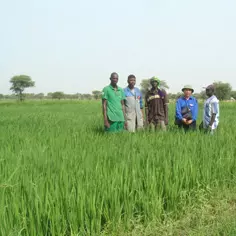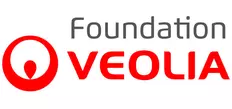
Humanitarian and Development
Place
Districts of Kati and Dioïla, Mali
Sponsor
Frédérique Héry
Grant(s)
€40,000 to the Selection Committee at 2010/03/30
Project leader
Since 1996 and the official creation of nearly 700 communes incorporated in "cercles" (districts), Mali is in the throes of decentralization. Across the country, the communes, which generally contain several villages around a chief township, assume responsibility for the development of their territory and the local economy. Eau Vive, an NGO active for thirty years in Subsaharan Africa, specializes in counseling the rural communes in these key projects. It helps them acquire basic infrastructures, plan their actions, manage and supervise their projects, while ensuring the transfer of skills to guarantee the self-sufficiency of the population within a few months.
12 boreholes and 94 family latrines
In the Kati and Dioïla districts, the NGO is conducting a new program of access to drinking water in 10 communes, or 47 villages. The project, initiated in 2008 with the backing of the European Union, has already completed several essential steps: activity in the villages to make preliminary surveys and educate the population, installation of communal commissions for water and wastewater services, validation of the priority villages, formation of hygiene committees, and issuing calls for bids for the drilling operations.
The operational phases - for which the Veolia Foundation was approached - will go into action in 2010: completion of 12 boreholes and 94 family latrines, supply of drinking water stations, as well as the organization of the villagers responsible for running the program and maintaining the facilities. Water point management committees will be set up. Ten pump repairmen will be trained and divided among four mutual repair groups. And health education modules will be proposed for one and all. The goal is to give each commune the means to achieve self-sufficiency in water supply and wastewater services. A total of 83,000 persons should accordingly see a decisive improvement in their living conditions.

